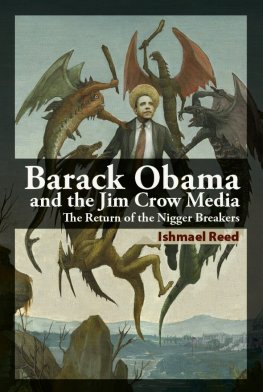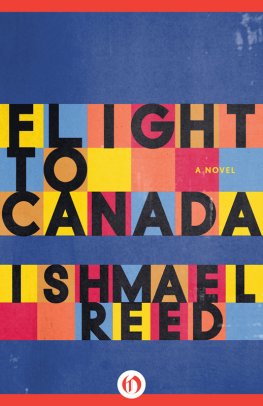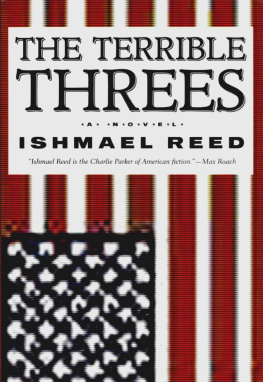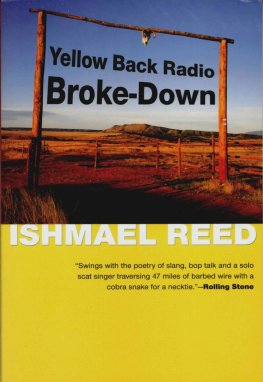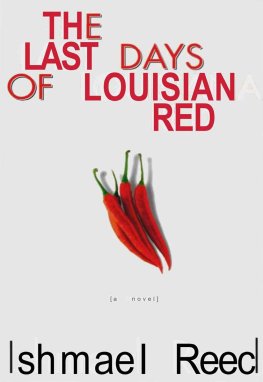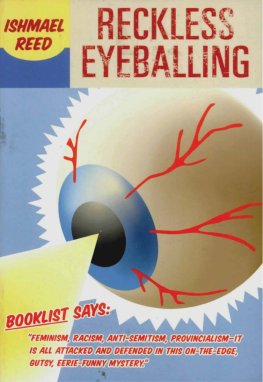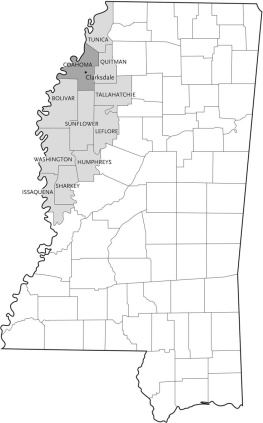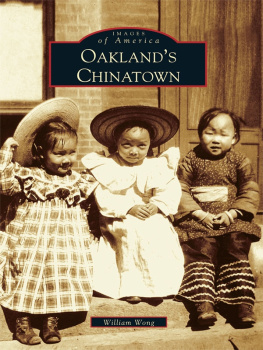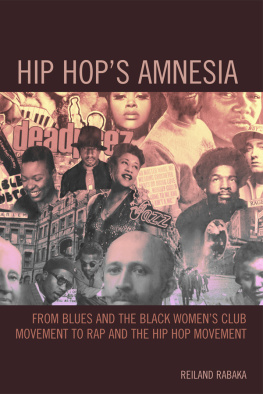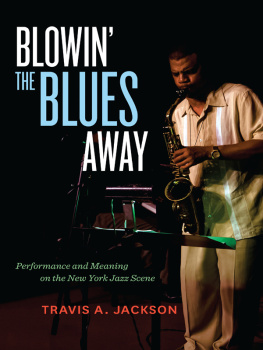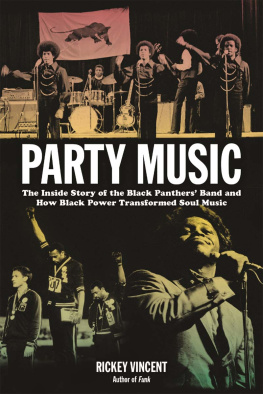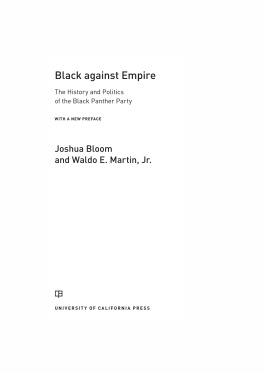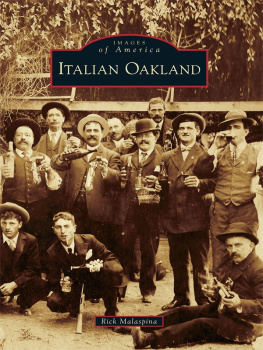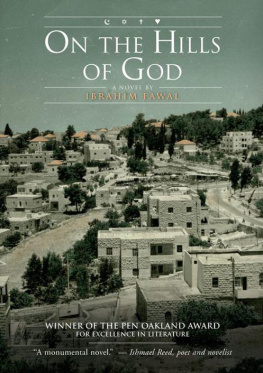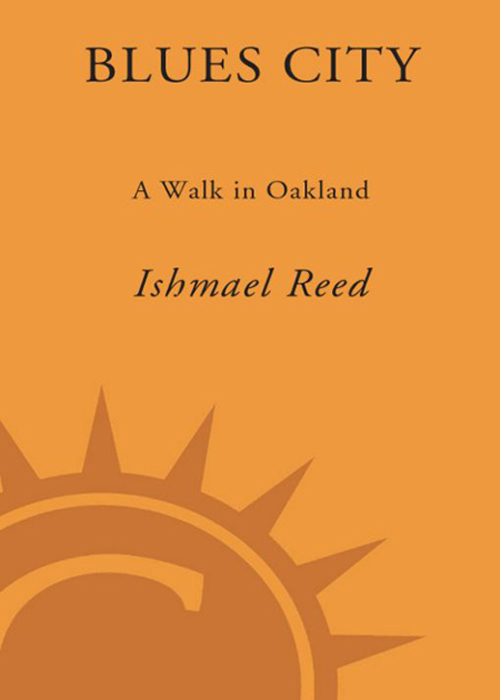
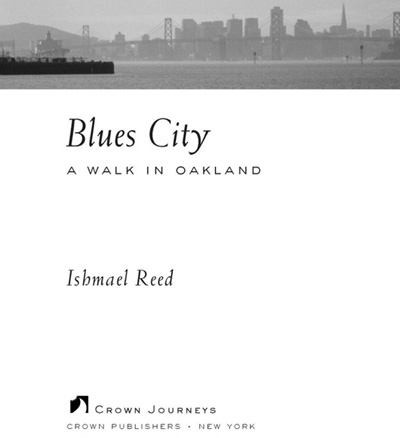
Table of Contents
This book is dedicated to David McClure,
The Gum Man.

New York
UNLIKE OAKLAND WRITER Joaquin Miller, whose The Destruction of Gotham (1886) painted a grim portrait of New York, or Jack London and George the Greek Sterling, whose experiences in New York were depressing, or Bret Harte, who went broke there after the novelty of being a cowboy writer wore off, I was spoiled by New York. Western writers, at least in the view of urbane easterners, have usually been classified as cranks. Jack London, a socialist, cussed out some wealthy New Yorkers, and the western-style dress of London and Joaquin Miller was viewed with amused curiosity by New Yorkers. Much later, San Francisco writer Richard Brautigan continued the tradition of wowing easterners with frontier attire and manners. Hed be dressed as a cowboy when I used to meet him at 1 Fifth Avenue in Greenwich Village for lunch in the 1960s. This eccentricity seemed to be provoked by the westerners presence in the hostile East.
But I had the opposite experience. It wasnt New York that frustrated me but San Francisco. In 1958, when I was twenty, I traveled to the city from my hometown of Buffalo in a beat-up car with two friends, an Italian-American named David and a Native American named Kirk. Kirk drove. Of course, we didnt know he was Native American until he slammed the brakes in anger when David, upon seeing some Native Americans on the street, remarked, Look at those drunken Indians. Once the car had come to a sudden stop, Kirk said, Youve been seated next to one all day.
We hung around North Beach for a couple of months but, unable to find jobs, headed back to Buffalo. The police stopped us for speeding near North Platte, Nebraska, and arrested Kirk. We were stranded. David and I went to a local restaurant to figure out a plan when, overhearing our predicament, the strawberry-haired waitress told us to go to her house and have dinner. She said that her sister was home. I think that I must have been one of the few blacks in town, because as we were headed to the waitresss house, an Indian woman, sitting in a passing truck, pointed at me frantically. The driver, a black man, saw me and, with a startled look, began to wave. He waved until the truck was out of sight. I was a kind of celebrity, accorded the kind of treatment that black American celebrities received in Europe at the timea combination of shock and fascination. It was an exciting week all around in North Platte: In addition to the presence of a second real, live black man, a man claiming to be Buffalo Bills grandson, goatee and all, was putting on a show.
Later that day I went to the judges house and explained to him that we had to be back at school the following Monday. He was seated in a rocking chair and wearing a top hat like the one Lincoln used to wear. He ordered that Kirk be released, and we made it back to Buffalo. After the coldness of San Francisco, where we were dependent upon the hospitality of a few friends to keep us alive, I had welcomed the warmth of North Platte, Nebraska. I will never forget North Platte, Nebraska.

I BEGAN WRITING in Buffalo, New York, and in my late teens, I collaborated with some black intellectuals to build a theater group at the black YMCA, but I was getting nowhere. In 1960 I was living in the Talbert Mall projects (named for a black abolitionist) and stuck in a marriage that was destructive for my young wife, our child, and me. My main problem was that I couldnt find a job that paid a decent salary, and even though I had a few years of college, no white-collar firm would have me. I remember answering an ad for Allstate Insurance and the personnel person saying that he liked the way I sounded on the phone. He asked me to come to his suburban office for an interview. I naively thought that I had the job, even went out and bought a new suit. But when I showed up for the interview, he took one look and told me that there was nothing for me. I tried to get a job at IBM as a salesperson, but the interviewer said that my math was bad. There were no equal-opportunity or affirmative-action provisions in those days. I couldnt even get a job as a laborer at the plant where my stepfather worked. Buffalo, a manufacturing town in those days, had been good to him and my mother, who were part of the 1940s migration from the South. He told me, when I announced that I was moving to New York City, If you cant make it in Buffalo, you cant make it anywhere. I was stuck at a low-paying job at General Hospital on High Street, and often I would go to the bar, located a block away from the projects, and play Please Mr. Postman by the Marvelettes. I wanted someone to deliver a message that would get me out of my situation. I was writing a play and acting in local theater productions, but outlets for such expression were limited in Buffalo.
One weekend in 1962 I went to New York and hung out at a tavern called Chumleys on Bedford Street in Greenwich Village. On the walls, the book jackets of famous authors whod drank there, people like Edna St. Vincent Millay, were on display. Hooked on the literary life, I left Buffalo for New York in 1962. I was twenty-three years old. I joined the Umbra workshop of African-American writers, and attended parties where Norman Mailer, Ralph Ellison, Amiri Baraka, and James Baldwin were holding forth. By the time I was twenty-seven, I had a book contract with Doubleday, thanks to the assistance of poet Langston Hughes and the late editor Anne Freedgood.
Boxer Mike Tyson once defined tragedy as giving millions of dollars to a twenty-year-old. I didnt receive even $1 million, but I was still not ready for early literary success. I messed up. Drank too much. Talked too much. Left a trail of hurt feelings. I wasnt used to such attention. My poetry was quoted in the New York Times. My name was dropped in gossip columns. I wasnt up to the dinners held in my honor at Doubledays town house, the adulation of women, the fame that accompanied being young, gifted, and black in the New York of the 1960s. The jacket of my first novel, The Free-Lance Pallbearers, was put up on the wall at Chumleys months before the book itself had even come out.
I was living with a dancer/choreographer named Carla Blank. We had an apartment on Twenty-third Street in Chelsea. Carla was a star among an avant-garde group of dancers and artists that included Meredith Monk, Elaine Summers, and Sally Gross. Her last major public performance in New York, with collaborator Suzushi Hanayagi, titled The Wall StreetJournal, had received a standing ovation and cheers at Judson Church. But we both felt a need for change. For new challenges.
I tell people that if Id remained in New York, I would have been murdered by affection. Indeed New Yorks ability to absorb talent is one of the reasons that among American cities, its still the most brilliant. But such affection can lull you into apathy. Alfred Kazin told Ralph Ellison that if he hadnt spent so much time hanging out at 21, Ellison could have finished his second novel, whereupon a scuffle reportedly ensued. Ellison wore out his welcome among the literati, and by the time he made a public break with his sponsors it was too late. Hed lost his creative juice. My solution to wearing out my welcome was to leave, and in 1967 Carla and I went to Los Angeles. We spent a very frugal summer there. She worked as a theater instructor at Eddie Rickenbackers camp in the mountains. Because I had received an advance from Doubleday, I was able to remain in our apartment in Echo Park Canyon, working on my second novel,
Next page

